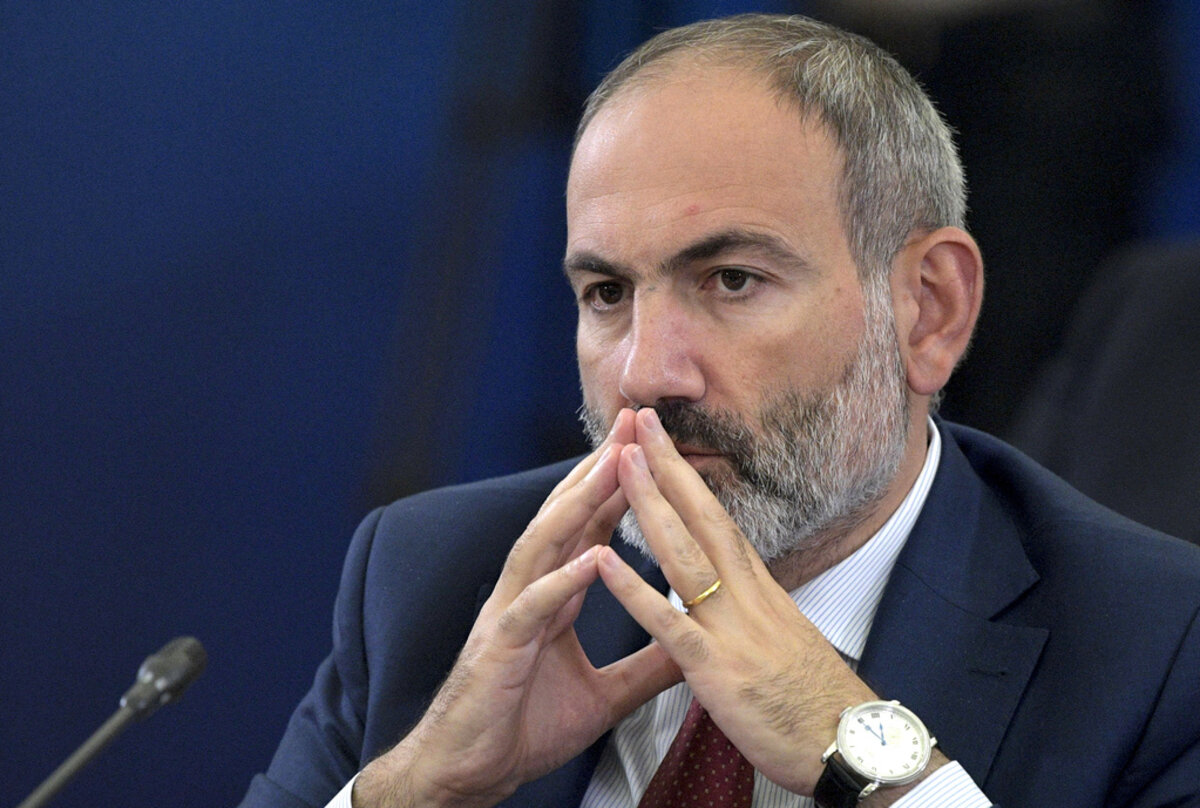More than half the world’s countries have a lower homicide rate than 12 years ago. More than half have cut military spending. In the past five years, deaths from terrorism are down by half. Yet riots and general strikes have been skyrocketing worldwide. Last year, 96 countries saw at least one violent protest.
These are just a few of the statistics from the latest Global Peace Index, which tries to measure levels of “peacefulness” based on 23 indicators. The latest findings put Afghanistan at the bottom while Iceland is the most peaceful. This year’s index also finds a slight deterioration in peace along with a widening gap between the least and most peaceful countries.
Perhaps the biggest surprise in this study by the Institute for Economics and Peace is that one particular region has shown the greatest improvement: the former Soviet states in Eurasia. Over the past four years, eight of the 12 countries have steadily become more peaceful. And the definite leader in peacemaking is Armenia, a small landlocked nation of nearly 3 million that shot up 15 places in the index to 99.
Armenia’s progress is largely due to a nonviolent “velvet” revolution in 2018 that restored its democracy and then elected a reform-minded journalist, Nikol Pashinyan, as prime minister. He is the type of new leader who says things like “I do believe in our citizens’ ability to turn mountains upside down with their behavior.” (Ethiopia’s leader is another example.)
Yet his real talent has been in expanding and redefining the concept of security. Mr. Pashinyan does not see security through the lens of the military. Rather it lies in cracking down on corruption, improving rule of law with an independent judiciary, building up local self-governance, and diversifying Armenia’s economy and trade ties. One telling indicator: the country’s incarceration rate has fallen by a third since the revolution.
He has also quelled a violent conflict with Azerbaijan (which itself has improved in peacefulness). The two neighbors fought their last war in 2016 over contending claims to the Nagorno-Karabakh enclave and seven surrounding districts. Negotiations that began soon after Mr. Pashinyan rose to power have ended the violence and raised hopes of a peaceful resolution.
Mr. Pashinyan attributes this progress to a breakthrough in “the collective consciousness of our people” during the 2018 revolution. The Eurasia region often has leaders who see democracy as a threat to national security. Yet in Armenia, a revival of democracy has improved its security. It has also boosted the country in two other global rankings – levels of freedom and in curbing corruption.
Peace is a positive force, one that can be measured. When an entire nation like Armenia rises up to embrace it, the world takes note. Another mountain has been moved.





